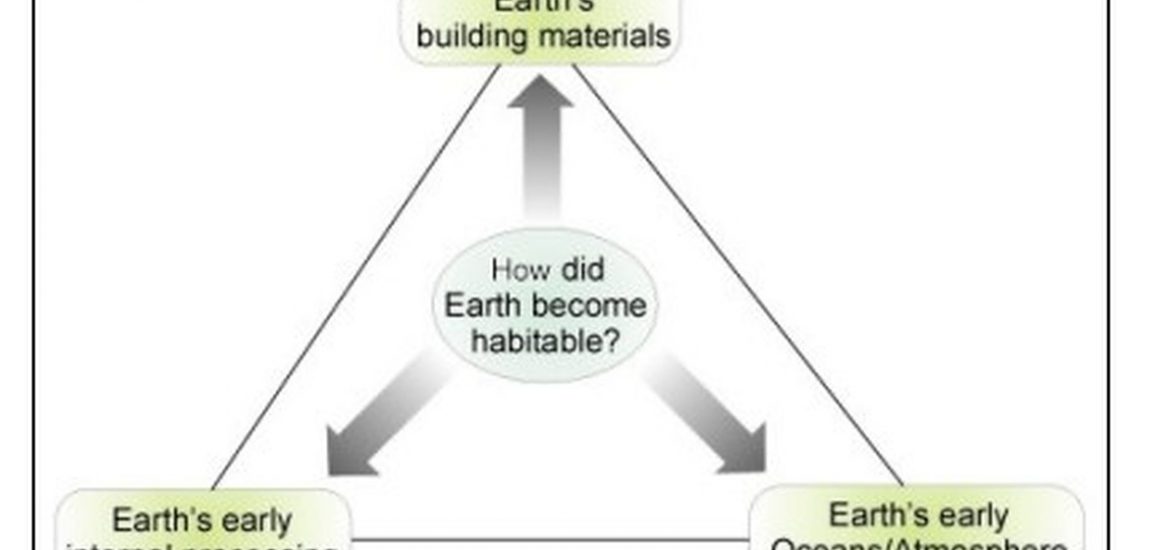
Making Habitability a Priority
November has been a big month for big European science projects, after the successful landing of Philae probe on Comet 67P/Churyumov–Gerasimenko. But Cologne, Germany is now home to more than the Rosetta Mission’s Landing Control Center. This spring, a team spearheaded by Prof. Dr. Carsten Münker at the University of Cologne was successful with a collaborative proposal to establish a Deutsche Forschungsgemeinschaft (DFG) Schwerpunktprogram (SPP; “Priority Program”). The program opens up DFG funds over the next 6 years for collaborative projects, annual meetings, workshops, as well training programs and possibilities for early career scientists to submit their own proposals. The theme of the SPP 1183 is “Building a Habitable Earth”, and it provides a venue for broadly Earth Science-based investigations of the building blocks of Earth, their early processing, and the nature of early Earth’s atmosphere and oceans as read from the rock record.
As an early career scientist, I was fortunate to be a part of the team that defined the scientific scope of proposed SPP 1183 back in mid-2013. The SPP is meant to be a platform for German scientists to develop internationally relevant and recognized projects on habitability. It augments and extends other recent European initiatives, such as SPP 1385 “The first 10 million years” that covers early solar system evolution, the European Science Foundation’s “Archean Environment” network, and ICDP drilling projects, such as “FAR-DEEP” and “Peering into the Cradle of Life” that are focused on characterizing early geological processes and environments using specific geological successions. The aim of SPP 1183 is to integrate efforts by geologists, geochemists, cosmochemists, geobiologist and geophysical modelers. For me, taking part in the planning meetings was a fascinating opportunity to see how big proposals such as these come together, and how to integrate disparate research areas into a unifying theme.
The first deadline for proposals is December 1, 2014 and research groups around Germany have been busy assembling their first project and coordination proposals. It is hoped that the first three-year stage of SPP 1183 will also involve annual meetings, field workshops as well as topical workshops within Germany that focus on different aspects of early earth evolution. These activities should benefit early career scientists in particular.
Being a part of the original proposal team has also allowed me a glimpse of the research projects being proposed, as researchers from around Germany swapped summaries of their proposals this past week over email in order to flesh out ideas for collaborations between groups. I cannot give too much away, but the field of proposals looks quite diverse. A subset of proposals cover the origin of Earth materials, with modeling and sample-based projects proposed to address the dynamics of Earth formation, origin of Earth volatiles, geochemical makeup of Earth’s building materials. A second group of proposals covers the formation of the early geological record, which involves much geochemistry, fieldwork, and development of minerals resources. The final group focuses on characterizing early Earth environments and the imprint of life on the sedimentary record, with plenty of work proposed on non-traditional isotopes and geobiological systems. Best of luck to all of those submitting a proposal this week, and I am looking forward to seeing the results of research that emerges from this SPP over the next few years!
Click here for more information on SPP 1183.
